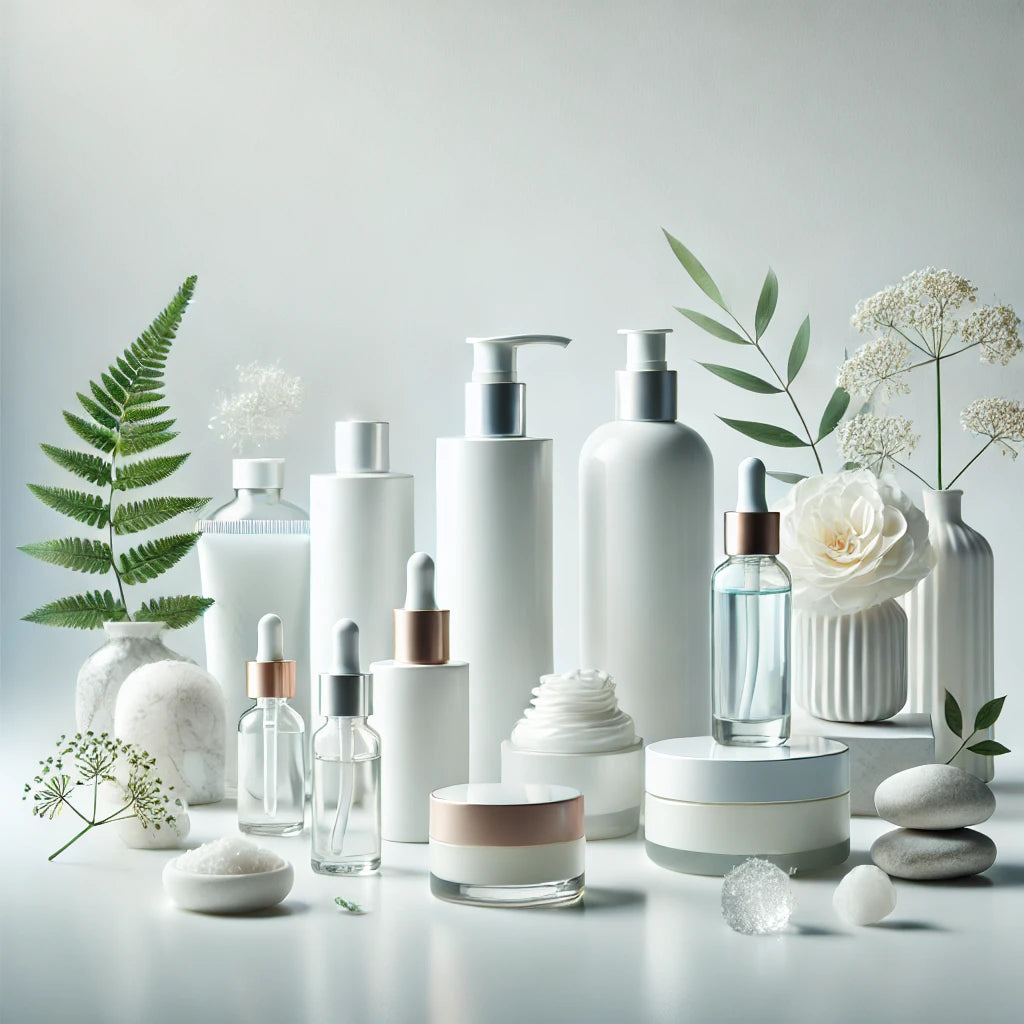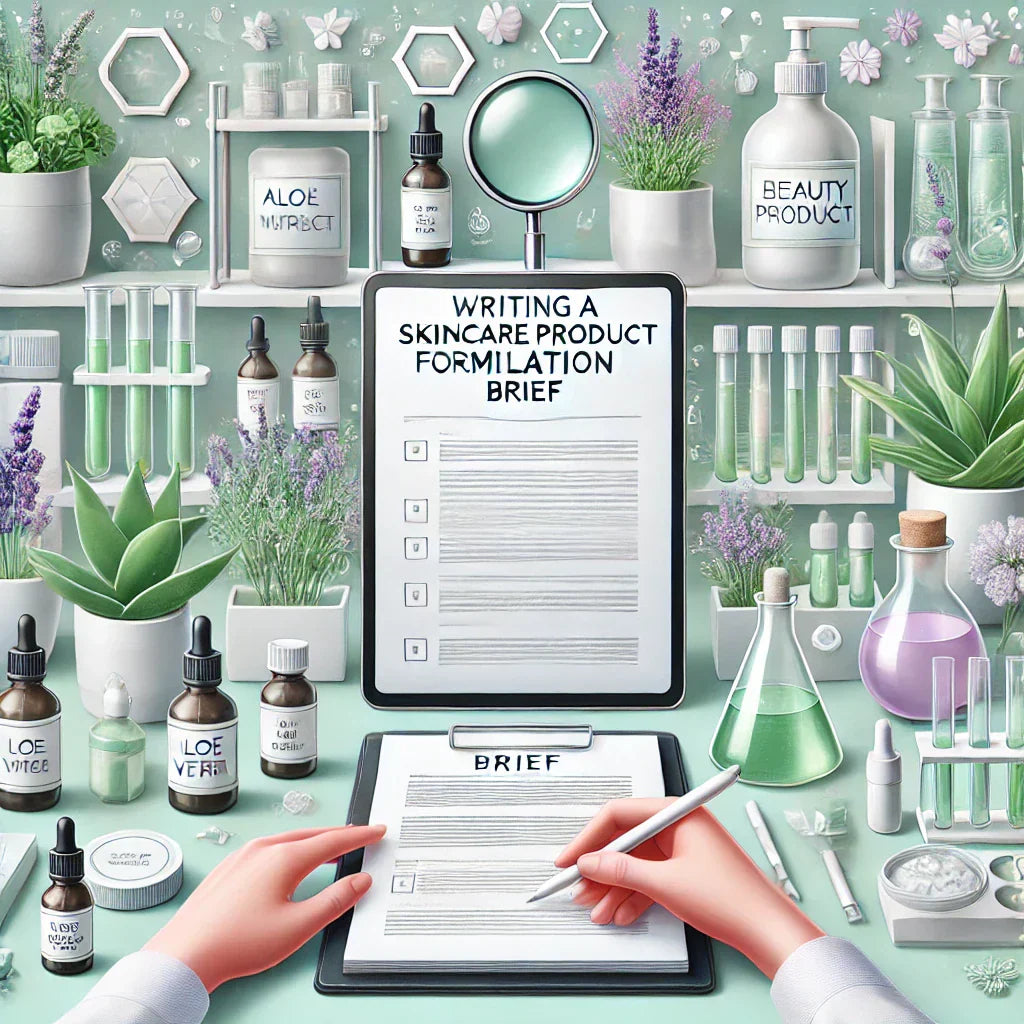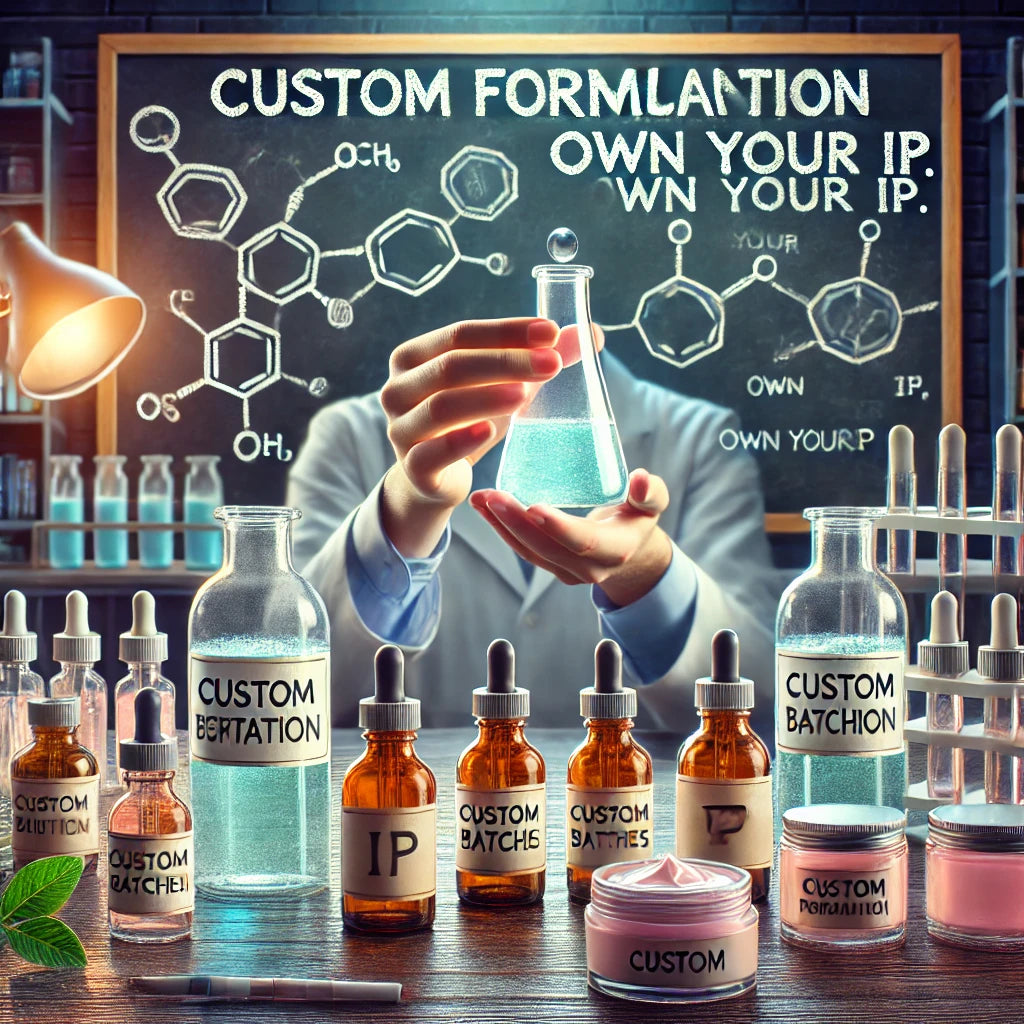Introduction
The skincare industry is booming, with new products hitting the shelves daily, promising flawless, youthful skin. But with so many options available, a common question arises: Are skincare products a waste of money? In this blog, we’ll explore whether investing in skincare is truly worth it, debunk common myths, and provide insights into making informed decisions about your skincare routine. Whether you're a skincare enthusiast or an entrepreneur launching your own line, understanding what makes a product valuable is essential.
Why This Topic Matters
The beauty market can be overwhelming, especially for those considering starting their own skincare line or innovating existing products. It’s easy to believe that high-priced skincare equals effectiveness or that some products are purely marketing gimmicks. By knowing what makes a product worth your money, you can make better choices for both your personal skincare regimen and business investments.
The Science Behind Skincare Products
Skincare products are more than just fancy packaging and marketing buzzwords. At their core, they're formulated with active ingredients designed to address specific skin concerns, such as acne, aging, and dryness. Ingredients like hyaluronic acid, retinoids, and peptides have been scientifically proven to work at a cellular level, promoting skin health and rejuvenation. However, it’s important to recognize that not all skincare is created equal. The efficacy of a product depends on several factors:
- Formulation: How the ingredients are combined matters since it effects the delivery of the active ingredients
- Ingredient quality: Ingredients with proven efficacy and known source is key to success
- Concentration: The dosage is the key. You will need to read through the studies to find the optimal dosage to include.
This means that two different products with the same active ingredients can perform very differently depending on the quality and formulation. The key takeaway? Science-backed products with active ingredients are worth the investment.
What is an Active Ingredient? Active ingredients are the main components of skincare products. They deliver specific effects and have been proven effective in clinical trials or have peer-reviewed articles. Some well known examples:
- Vitamin C: A powerful antioxidant known to brighten the skin and reduce signs of aging.
- Salicylic Acid: Commonly used to treat acne by exfoliating the skin and unclogging pores.
- Retinol: A form of vitamin A that helps reduce fine lines, smooth skin texture, and promote collagen production.
Are Expensive Skincare Products Always Better?
A common misconception is that expensive skincare products always deliver better results. While price can sometimes reflect the cost of higher-quality ingredients, research, or luxurious packaging, it doesn’t always guarantee effectiveness. In fact, some affordable products contain simple, yet highly effective formulations that can perform just as well—or better—than their high-end counterparts.
Here’s what to focus on instead of price:
- Ingredients: Understand what each ingredient does for your skin type.
- Efficacy: Look for products with scientific backing.
- Your skin’s needs: Everyone’s skin is different, and what works for one person might not work for another.
Don’t let price be your only guide; instead, focus on what your skin actually needs.
How to Determine What Your Skin Really Needs
Knowing your skin type is the first step in choosing the right products. Skincare is not one-size-fits-all, and using products that don’t cater to your specific skin needs can be both ineffective and costly.
- Oily skin: Benefits from lightweight, non-comedogenic products that won't clog pores.
- Dry skin: Needs moisture and hydration from rich, emollient-based products.
- Combination skin: Requires a balanced approach with different products for different areas of the face.
Once you know your skin type, it’s crucial to check the ingredient list.
Don’t fall for trends or marketing gimmicks. Instead, build a skincare routine that prioritizes skin health and is tailored to your unique concerns.
Section 4: The Role of Marketing in Skincare
One reason people feel skincare might be a waste of money is due to the overwhelming marketing messages from beauty brands. Every week, new products with bold claims hit the market, often accompanied by sleek packaging and celebrity endorsements. But does this mean the product is effective?
The beauty industry is highly competitive, and many companies invest heavily in marketing to differentiate their products. However, a well-marketed product doesn't always equate to a well-formulated one. This is why it’s essential to:
- Read reviews from trusted sources: Influencers and beauty blogs can be helpful, but be wary of sponsored content.
- Do your own research: Understand the science behind the ingredients.
- Trial and error: Sometimes, it takes trying a few products to see what works best for you.
Section 5: How to Invest Wisely in Skincare
So, how do you determine whether a skincare product is worth your money? Here are some practical tips:
- Consider your skin type and goals. What works for your friend might not work for you. Be specific about what you need.
- Start with the basics. Cleanser, moisturizer, and sunscreen are essential for every routine. From there, add serums or treatments based on specific concerns.
- Don’t overcomplicate. More products don’t necessarily mean better skin. Stick to a streamlined routine that works for you.
Conclusion
In the end, the question of whether skincare products are a waste of money comes down to education and individual skin needs. Some products are worth every penny, while others may not be suitable for your skin or lifestyle. The most important thing is to understand the science behind the ingredients and to choose products that target your specific skin concerns. By focusing on quality over quantity and trends, you can build an effective skincare routine without breaking the bank.
For those in the skincare business, this knowledge is even more crucial. Creating products that truly meet customer needs will not only lead to happy, glowing clients but also build long-term brand loyalty.
At The INCI Lab, we specialize in formulating effective and sustainable skincare products for brands looking to make a difference. Whether you're starting a new skincare line or reformulating existing products, our experts are here to help you create products backed by science, not marketing hype. Contact us today for a consultation, and let’s make your skincare line stand out for all the right reasons.
Frequently Asked Questions
1. Are expensive skincare products worth it?
Not necessarily. While some expensive products use high-quality ingredients and advanced formulations, many affordable products offer the same benefits. Focus on the ingredients and what your skin needs rather than the price tag.
2. How do I know which skincare product is right for me?
Start by identifying your skin type (oily, dry, combination, sensitive) and look for products with ingredients tailored to address your concerns. Reading product reviews and consulting with a dermatologist can also help.
3. Can cheap skincare products be effective?
Yes, many budget-friendly skincare products are highly effective. Brands like The Ordinary and CeraVe offer affordable products with proven ingredients like hyaluronic acid and niacinamide.
4. How long should I try a skincare product before determining if it works?
It typically takes 4 to 6 weeks to see results from a skincare product. Consistency is key, so give products time to work before making a judgment.
5. Is natural skincare better than synthetic?
Not necessarily. While natural products can be great, synthetic ingredients can also be effective and safe. It’s more important to look at how an ingredient works rather than its origin.
6. Can skincare products really prevent aging?
Skincare products can help slow the signs of aging by hydrating the skin, protecting it from sun damage, and stimulating collagen production. However, they can’t stop the aging process entirely.



